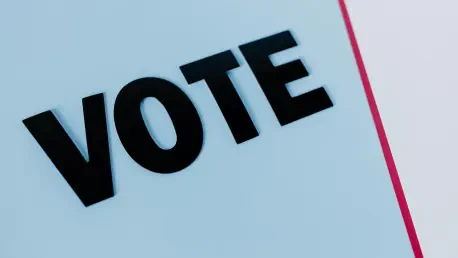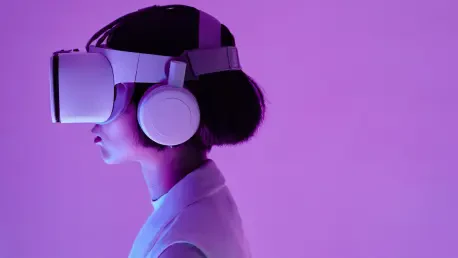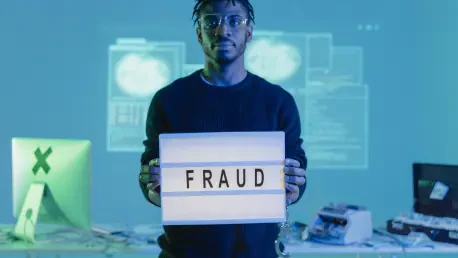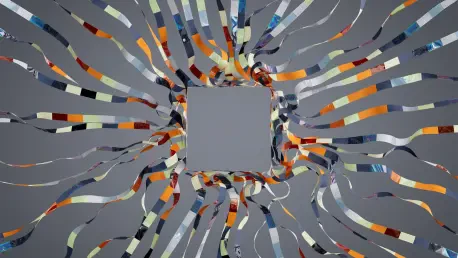
What if the chart-topping track blasting through your headphones was crafted not by a passionate artist, but by a cold algorithm? In an era where artificial intelligence is weaving itself into the fabric of music creation, Spotify has stepped into the fray with groundbreaking transparency measures

In an era where the legal profession faces unprecedented shifts due to technological advancements and societal challenges, UC Law San Francisco (UC Law SF), formerly known as UC Hastings, has launched a groundbreaking initiative that could redefine the future of legal education. The "Into the

Imagine tuning into your favorite music streaming platform and being greeted not just by a playlist, but by a charismatic host who offers trivia, personal anecdotes, and curated commentary between tracks, transforming a mundane listening session into an immersive journey. This is no longer a

In the ever-shifting landscape of technology, few companies face a moment as defining as UiPath (NYSE: PATH) does in late September of this year, a leading player in Robotic Process Automation (RPA). The company has delivered a striking financial performance for fiscal Q2 2026, transforming a prior

In a world where identity fraud poses an ever-growing threat to public safety and administrative integrity, the New South Wales (NSW) government in Australia is taking decisive action to modernize its defenses. With fraudulent activities increasingly targeting license and identification systems,

In the rapidly evolving landscape of modern commerce, dynamic pricing stands out as a transformative strategy that enables businesses to adjust prices in real time based on fluctuating factors like supply and demand, competitor behavior, and consumer patterns. Powered by artificial intelligence